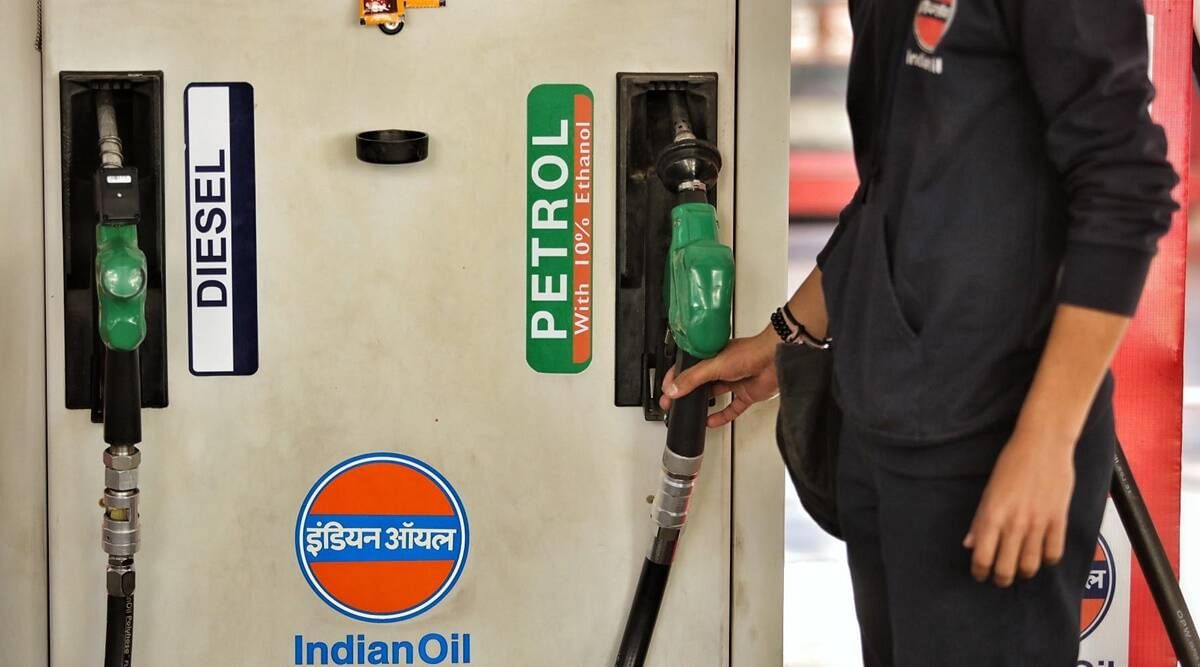When buying a car in India, one of the most common dilemmas is whether to choose a petrol or diesel engine. While diesel cars have long been associated with better fuel efficiency and lower running costs, the dynamics are shifting, especially with changing fuel prices, environmental regulations, and evolving automotive technology. In this article, we will explore whether petrol is really cheaper than diesel in the long run and what factors influence the cost difference between the two.
The Initial Cost Factor
One of the most significant differences between petrol and diesel cars is the initial purchase cost. Diesel cars are typically more expensive than their petrol counterparts, mainly due to the added technology required to meet emission norms and the robust build needed to handle high compression ratios. In India, the price difference can range from ₹1 lakh to ₹2 lakh, depending on the model and manufacturer.
This higher upfront cost means that diesel cars require more time and mileage to break even when compared to the cheaper petrol versions. For those with limited budgets or lower annual mileage, a petrol car often makes more financial sense.
Fuel Price Dynamics
Historically, diesel has been cheaper than petrol in India, primarily because diesel is used for transportation and agriculture, sectors deemed crucial for the economy. However, in recent years, the price gap between petrol and diesel has narrowed significantly. In some states, diesel is now priced almost the same as petrol, diminishing the cost advantage that diesel once held.
This change in fuel pricing directly impacts the long-term savings associated with diesel cars. Even though diesel engines offer better mileage—often around 20-25% more than petrol engines—the savings are not as substantial as they once were due to reduced price disparity.
Maintenance Costs: Diesel vs. Petrol
Another crucial factor to consider is maintenance. Diesel engines are more complex, featuring components like turbochargers, intercoolers, and diesel particulate filters (DPF), all of which require regular maintenance. Moreover, diesel fuel itself is denser and leaves more residues, which can clog the engine over time if not maintained properly.
In contrast, petrol engines are simpler, quieter, and generally cheaper to service. The maintenance intervals are longer, and parts are more affordable. Over the lifespan of the vehicle, diesel cars can accumulate higher maintenance costs, especially after crossing the 1 lakh km mark, when parts like injectors and fuel pumps often need replacement.
Mileage and Usage Patterns
Diesel engines are known for their superior mileage, often delivering around 20-25 kmpl, whereas petrol engines usually offer between 15-20 kmpl. This difference becomes significant for high-mileage users. If you drive more than 15,000 to 20,000 km annually, the savings from diesel’s fuel efficiency can offset the higher purchase price and maintenance costs over time.
However, for urban commuters who primarily drive short distances or face heavy traffic, the mileage advantage is less pronounced. Diesel engines are more efficient during long, continuous runs, while petrol engines are more suited for stop-and-go city traffic.
Resale Value Considerations
The resale value of diesel cars has historically been higher due to their robust nature and efficiency. However, with the government pushing for stricter emission norms and the impending shift towards electric mobility, diesel vehicles are losing favor in the resale market. Policies like banning diesel cars older than 10 years in major cities like Delhi NCR have further impacted resale values.
On the other hand, petrol cars continue to hold steady resale values, especially in urban areas. Buyers are increasingly hesitant to invest in diesel cars, fearing future restrictions and higher maintenance costs.
Environmental and Regulatory Factors
With growing concerns about air pollution, diesel cars are increasingly facing regulatory challenges. Cities with severe pollution levels, like Delhi, have already implemented bans on older diesel vehicles. Additionally, diesel engines emit more nitrogen oxides (NOx) and particulate matter than petrol engines, making them less eco-friendly.
Petrol engines, while emitting more CO2, produce fewer particulates and NOx, making them more compliant with modern emission standards. As India pushes for greener alternatives, including electric and hybrid vehicles, the long-term viability of diesel cars becomes questionable.
Calculating the Break-Even Point
To determine whether diesel is cheaper than petrol in the long run, you need to calculate the break-even point. This calculation takes into account:
- Difference in purchase cost
- Fuel efficiency of both vehicles
- Average annual mileage
- Fuel price difference
- Maintenance costs
For example, if the diesel car costs ₹1 lakh more and offers a mileage advantage of 5 kmpl, you would need to drive approximately 60,000 to 80,000 km to break even, depending on the fuel price difference. For low-mileage users, it may take several years to reach this point, making petrol a more economical choice.
Long-Term Ownership Experience
Apart from the financial aspects, the ownership experience also matters. Petrol cars offer a quieter, smoother, and more refined drive, while diesel engines tend to be noisier and vibrate more. This difference becomes noticeable in city driving, where petrol cars generally provide a more comfortable experience.
Moreover, the future of diesel cars is uncertain as the government pushes for cleaner fuels and electric mobility. Petrol cars, being less polluting and more versatile, may continue to dominate the market, particularly in the urban commuter segment.
Conclusion
While diesel cars can still make financial sense for long-distance travelers or commercial use, the narrowing price gap between petrol and diesel fuel, coupled with higher maintenance costs and environmental restrictions, makes petrol a more viable option for most car buyers in India. Unless you cover significant mileage annually or need the extra torque for specific applications, petrol cars are likely to be cheaper in the long run.
Ultimately, the choice between petrol and diesel should be based on your driving habits, budget, and long-term plans. For most urban users, petrol cars remain the more practical and cost-effective choice, especially as the market transitions towards cleaner and more sustainable options.

